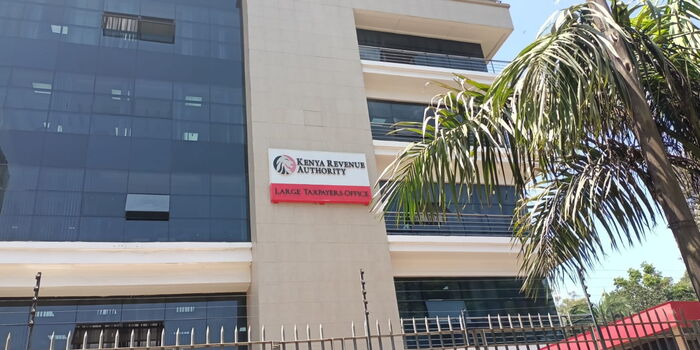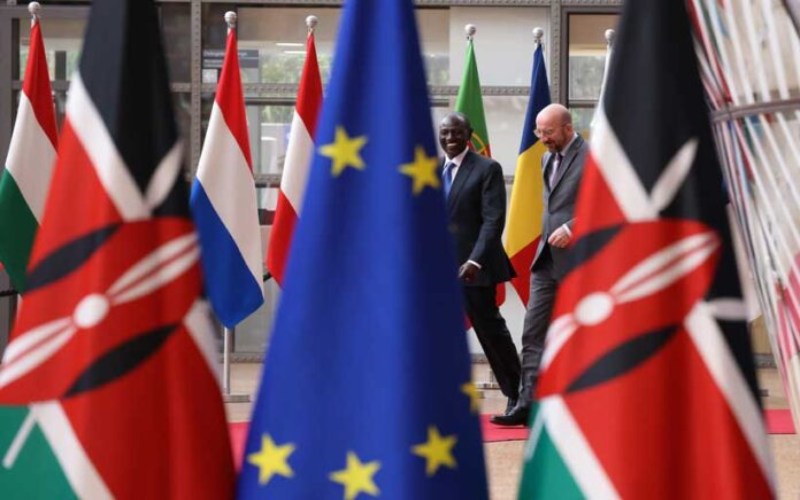KRA extends deadline for filing returns for financial institutions to August

The extension aims to provide Reporting Financial Institutions (RFIs) ample time to adjust their systems and business operations to comply with the Tax Procedures Act.
The Kenya Revenue Authority (KRA) has extended the deadline for filing Common Reporting Standard (CRS) and Automatic Exchange of Information (AEOI) returns.
Initially, the deadline had been set for May 31, 2024, but it has now been extended to August 31, 2024.
More To Read
- Ex-Nairobi governor Sonko gets relief as Tribunal directs KRA to unfreeze his bank accounts
- Businesses granted 30-day relief on long-stay container charges at Mombasa port
- Meta to deduct 5 per cent tax on Kenyan creators’ earnings in 2026
- National Treasury says weak revenue, high debt repayments straining Kenya’s budget
- Report warns withholding tax risks pushing digital traders to informal platforms
- Government shifts cargo clearance to Nairobi, Naivasha in bid to decongest Mombasa Port
The extension aims to provide Reporting Financial Institutions (RFIs) ample time to adjust their systems and business operations to comply with the Tax Procedures Act and the Tax Procedures (Common Reporting Standards) Regulations, 2023.
In a notice on Wednesday, the Authority confirmed that no penalties will be imposed on RFIs for failure to file the CRS/AEOI returns by the original deadline.
This grace period allows financial institutions to ensure full compliance without the immediate threat of penalties.
“To facilitate business continuity and allow for sufficient time for RFIs to adjust their systems and business operations, KRA wishes to notify RFIs of extending the filing deadline to August 31, 2024. Prior to this date, the Commissioner shall not impose penalties for failure to file the CRS/AEOI returns on the RFIs,” the Authority said.
KRA said they would continue supporting and facilitating all RFIs to comply with the requirements of the law by conducting comprehensive stakeholder engagements, awareness campaigns and sensitisation for the various categories of RFIs.
Customers have been urged to contact the Commission through Tel: 0709 017 997, 0709 017 935 or Email: [email protected].
The CRS is an international standard for automatically exchanging financial account information between tax authorities.
Developed by the Organisation for Economic Co-operation and Development (OECD) in 2014, CRS aims to combat tax evasion by requiring financial institutions such as banks, custodians, and certain investment entities to report information about financial accounts held by non-residents to their respective tax authorities.
These include account balances, interest, dividends and sales proceeds from financial assets. The information is then automatically exchanged with the tax authorities in the account holders' countries of residence.
Participating countries exchange the collected financial account information annually. This exchange is designed to be reciprocal, meaning that all participating countries send and receive information.
By providing tax authorities with comprehensive data on offshore financial assets, CRS helps to ensure that individuals and entities report and pay the appropriate amount of tax on their global income.
Top Stories Today














































